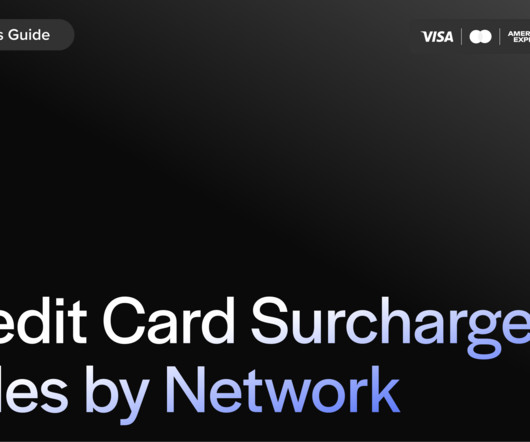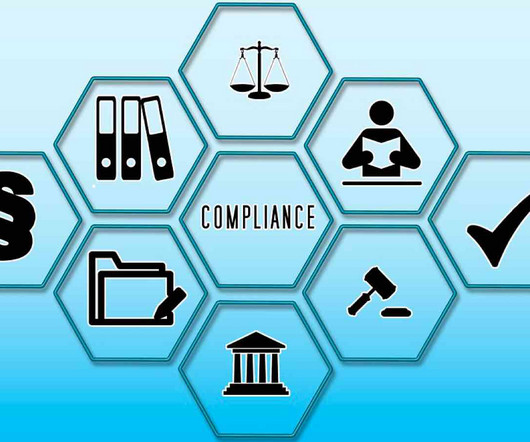Surcharge vs. Convenience Fee: What’s the Difference?
EBizCharge
JUNE 17, 2025
As payment processing costs continue to rise, many businesses are looking for ways to offset these fees. Two popular options—credit card surcharges and convenience fees —can help recover some of these costs. What Is a Credit Card Surcharge? Capped at 3% or the actual cost of processing, whichever is lower.












Let's personalize your content